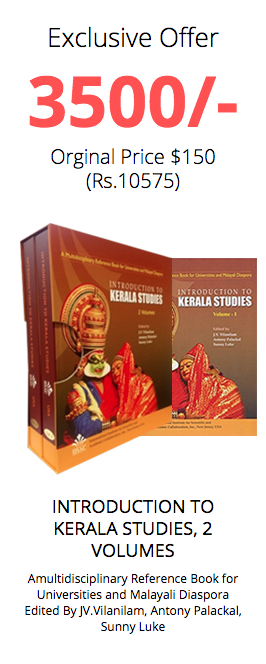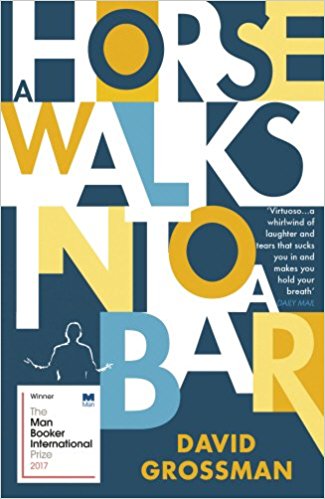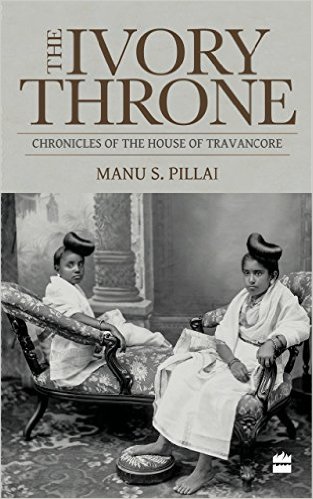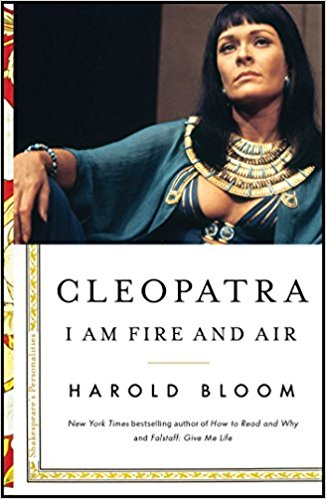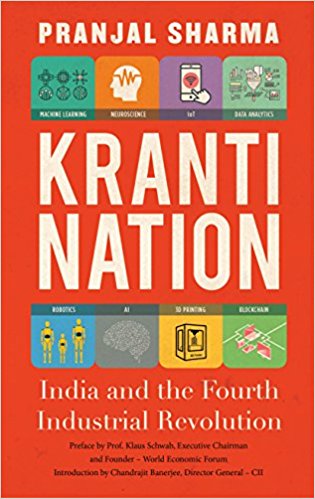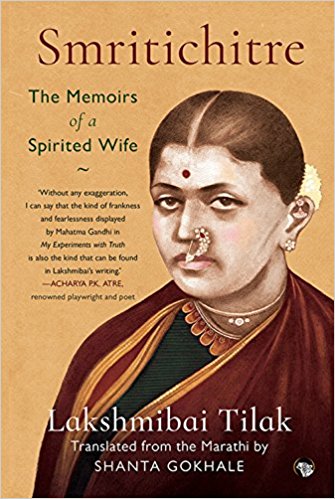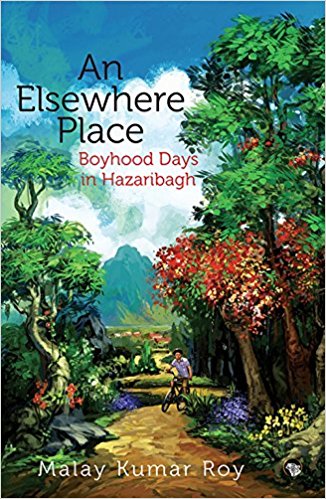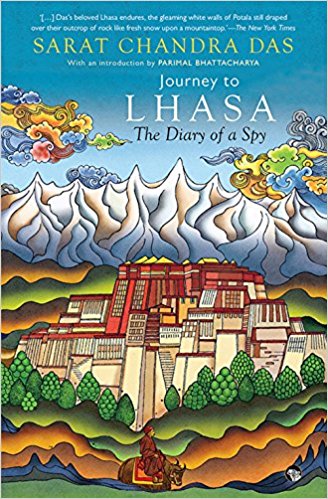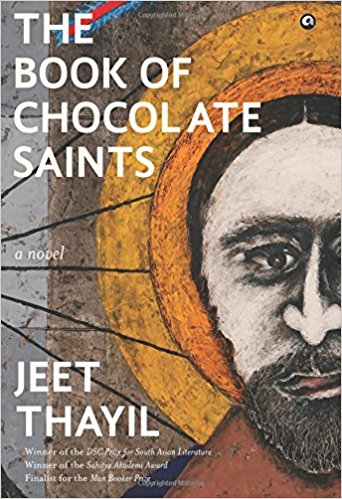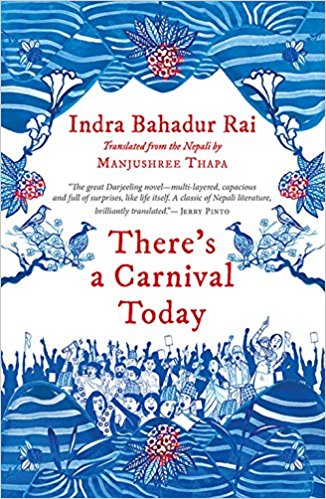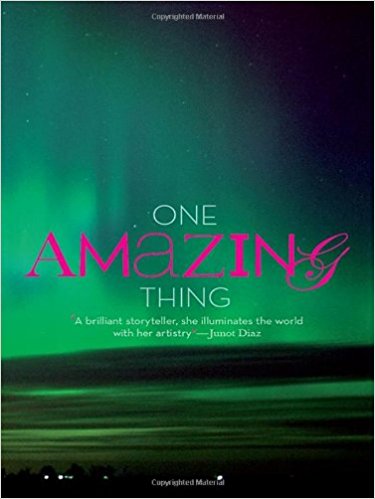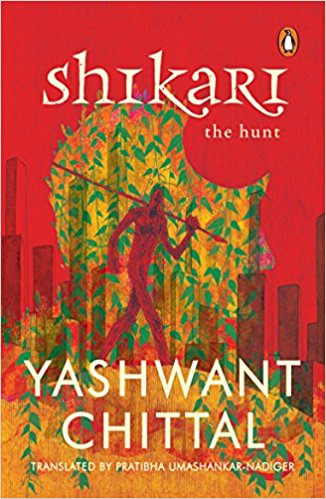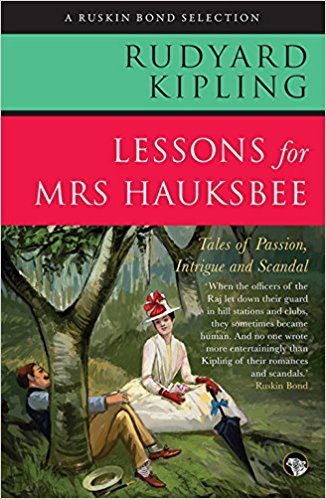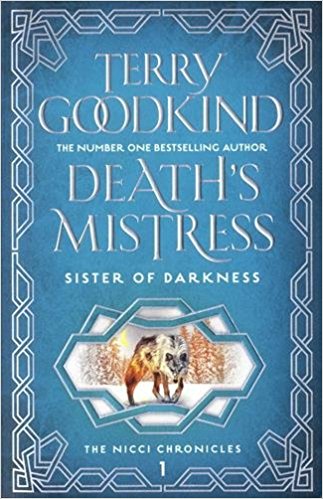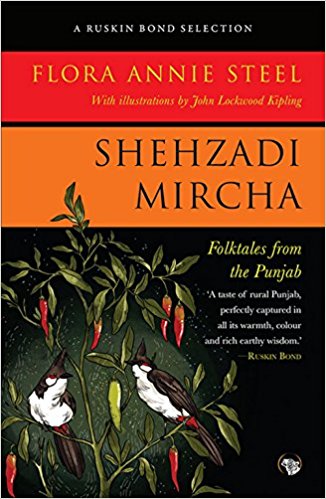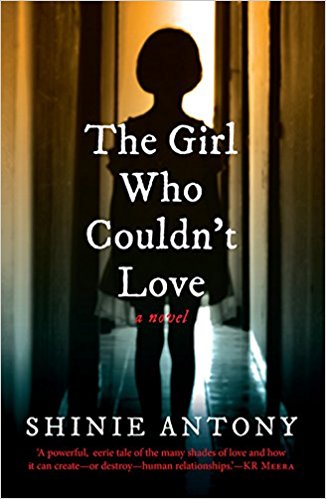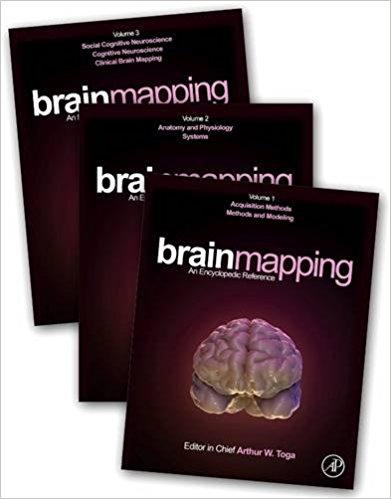Much of what we know about the everyday life of the British Raj comes from Rudyard Kipling, one of the keenest observers of nineteenth-century India. He is at his best when writing about the men and women who worked, lived, loved and died together; their indiscretions and foibles; flirtations and passions. In this collection, we meet some of his most scandalous characters: Pluffles, a young subaltern who is rescued by beautiful Mrs Hauksbee, the toast of Simla, from following abjectly at wicked Mrs Reiver’s ’rickshaw wheels; Major and Mrs Vansuythen, whose arrival in a sleepy little town throws all the other couples, clandestine and legitimate, into disarray; Janki Meah, the blind old miner, whose pretty young wife is more interested in his burly crewmate and Suket Singh, Sepoy of the Punjab Native Infantry and Athira, burning in their passion for each other, forever. In these sparkling, mischievous and touching stories, British India’s bureaucrats, soldiers, grass widows and native wives dance, drink and indulge through the hills of Simla, across small towns scattered from Burma to Coimbatore and in the opium dens of Lahore. Here, the most entertaining writer of the Raj era is at the top of his form.

